

William Stopford
BYD eyes fleets as next step to growing Australian sales
2 Hours Ago
Car brands say 'genuine is best' when it comes to parts, but the aftermarket peak body warns of 'unfounded fear and apprehension'.

Senior Contributor
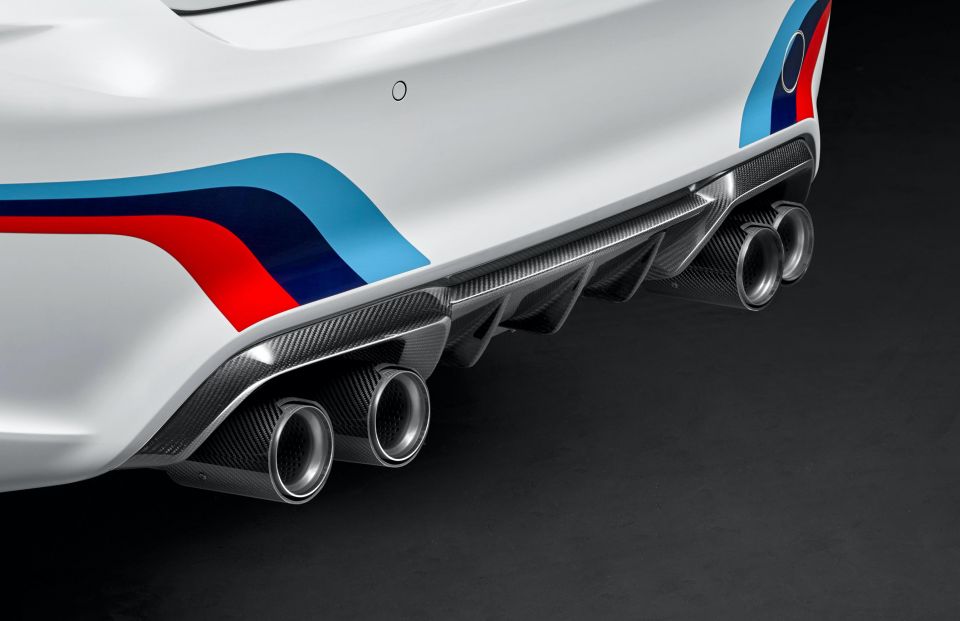

Senior Contributor
The representative body for Australia’s car brands says people ought to have more transparency and choice around the use of so-called “non-genuine parts” by insurers and repairers.
The Federal Chamber of Automotive Industries (FCAI) has a long-running campaign called ‘Genuine is Best’, designed to promote parts made or supplied by the car brands.
However, the Australian Automotive Aftermarket Association has hit back, telling CarExpert the notion that manufacturer-branded parts are automatically superior to aftermarket alternatives may lead to “unfounded fear and apprehension for the vehicle owner”.

Let’s look at the issue from both sides.
The FCAI this week said many drivers were unaware that car insurers and repairers may mandate the use of non-genuine mechanical and collision parts when repairing.
It published a study in which it claims 91.8 per cent of respondents said they wanted the right to be informed before any non-genuine parts were fitted to their car.
The research polled Australians intending to buy a car in the next one to two years. It also found vehicles repaired and maintained with genuine parts were “a superior investment in the eyes of Australian vehicle buyers”, according to the FCAI.
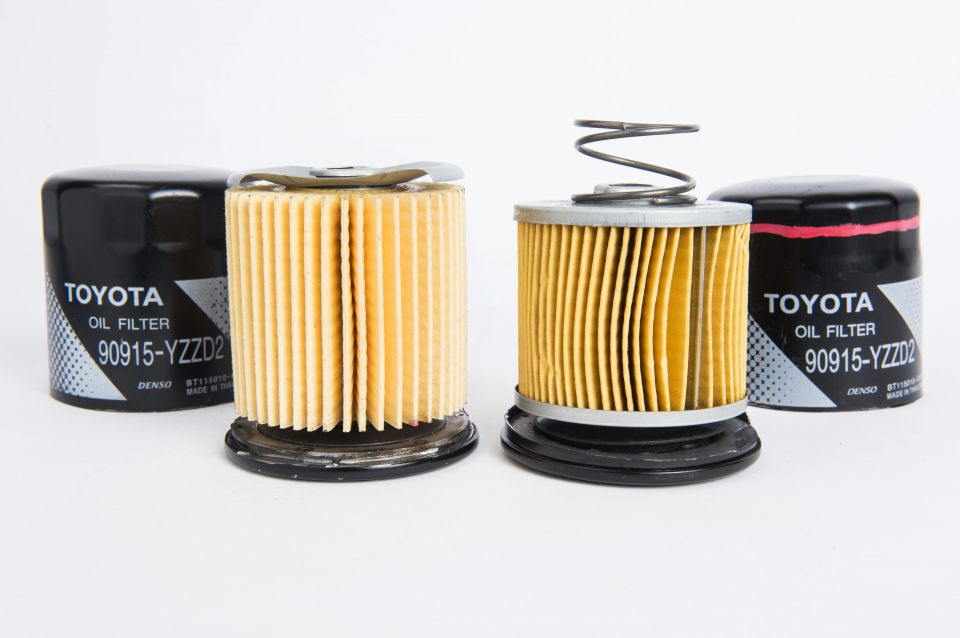
The ‘Genuine is Best’ campaign claims it has previously identified “demonstrable safety and quality differences between genuine and non-genuine car parts”, though some of these tests have been focused on counterfeit parts rather than quality aftermarket ones.
FCAI chief executive Tony Weber said car owners should have “the right to choose” how their car is repaired.
“The message to insurers and repairers is crystal clear. If you’re planning to fit anything other than the tested and proven genuine part, Aussies demand the right to be notified,” he said.
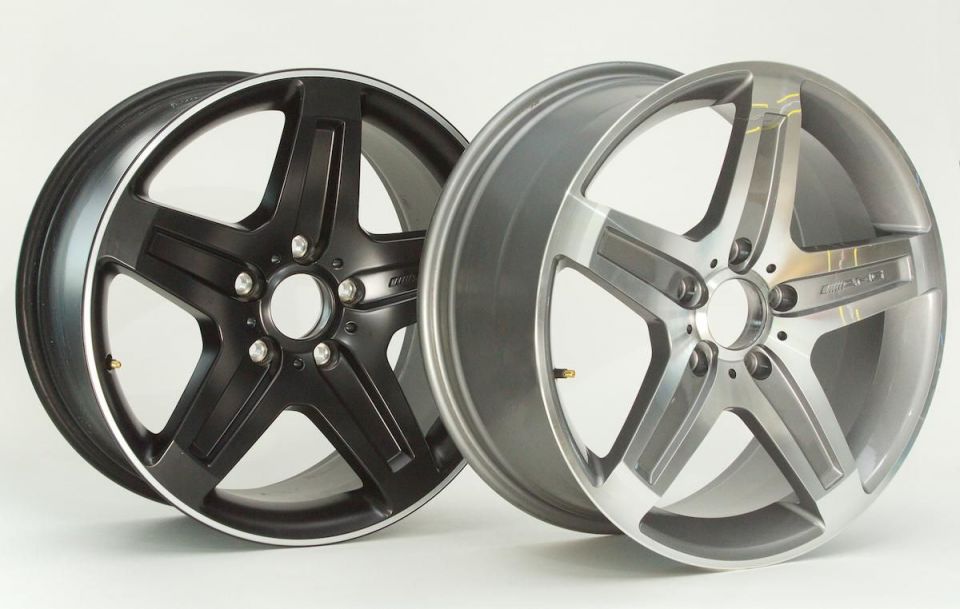
“Putting the safety and quality concerns aside; we know vehicles repaired and maintained with genuine parts, accessories and dealer servicing are valued more highly. If a non-genuine part will potentially lower the resale value of my car, I want to be notified before a part that is not approved by the manufacturer is fitted.
“It’s really a bare minimum expectation. It’s my car, it’s my choice.
“Australians are acting as testers for non-genuine parts on the behalf of the insurers and repairers motivated to repair and return cars as cheaply as possible. From an oil filter to a bonnet to a safety sensor, we deserve the right to choose what’s being fitted to our cars.”
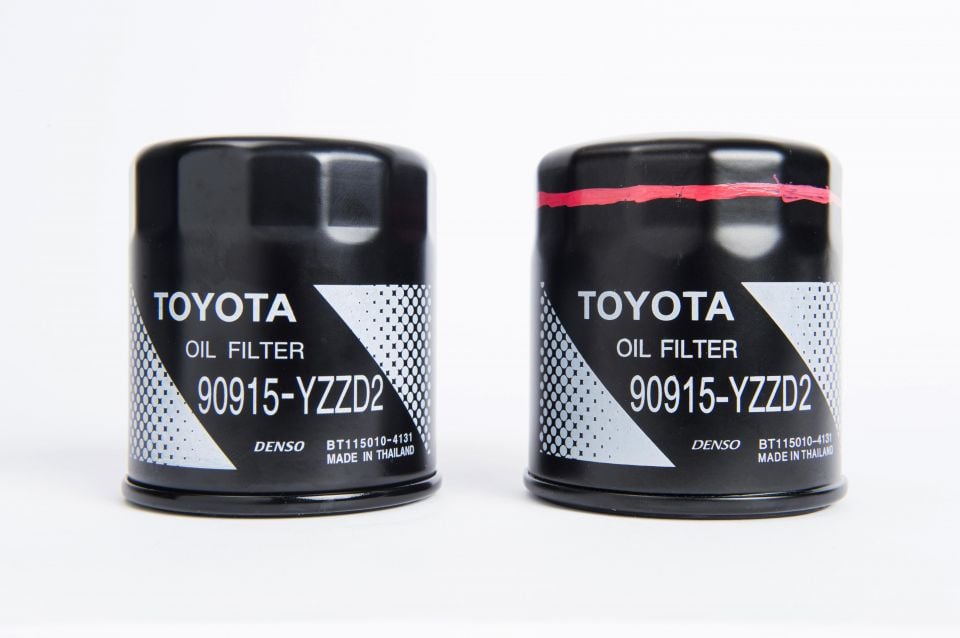
Speaking in reply, AAAA chief executive Stuart Charity naturally pushed back on the claims, saying the term ‘genuine’ has been used by vehicle manufacturers as “a general reference to parts and accessories that are sold in a manufacturer’s branded packaging”.
“This vernacular is commonly used as a marketing tool by vehicle manufacturers and their dealerships, to give the impression that their branded parts are in some way superior to ‘non’ genuine spare parts. This can lead to unfounded fear and apprehension for the vehicle owner.
“We recommend customers rely on the advice of their trusted workshop to select and fit the most appropriate part to the vehicle.
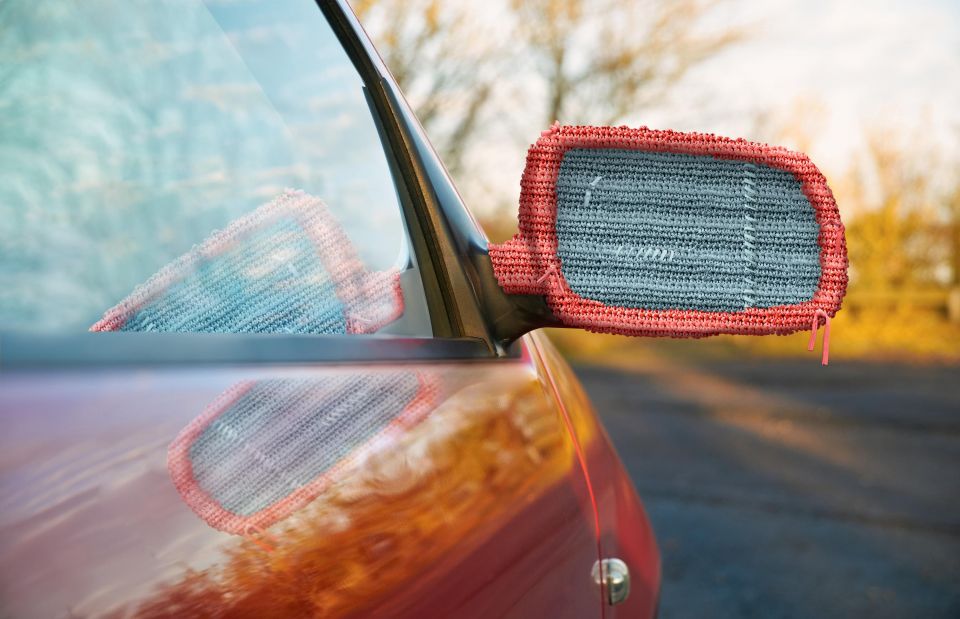
“It is standard practice in the collision repair industry to ensure that parts such as airbags, airbag sensors and other safety-critical structural parts replaced after a collision are genuine, certified to meet or exceed the genuine part’s specification or genuine but recycled (good condition second hand) parts.
“For other parts that are routinely replaced in the service or repair of a vehicle there are a wide range of parts options available.
“It is important to remember that most car manufacturers do not make parts themselves; they are almost always made by a third-party component company and put in a box with the manufacturer brand on it.
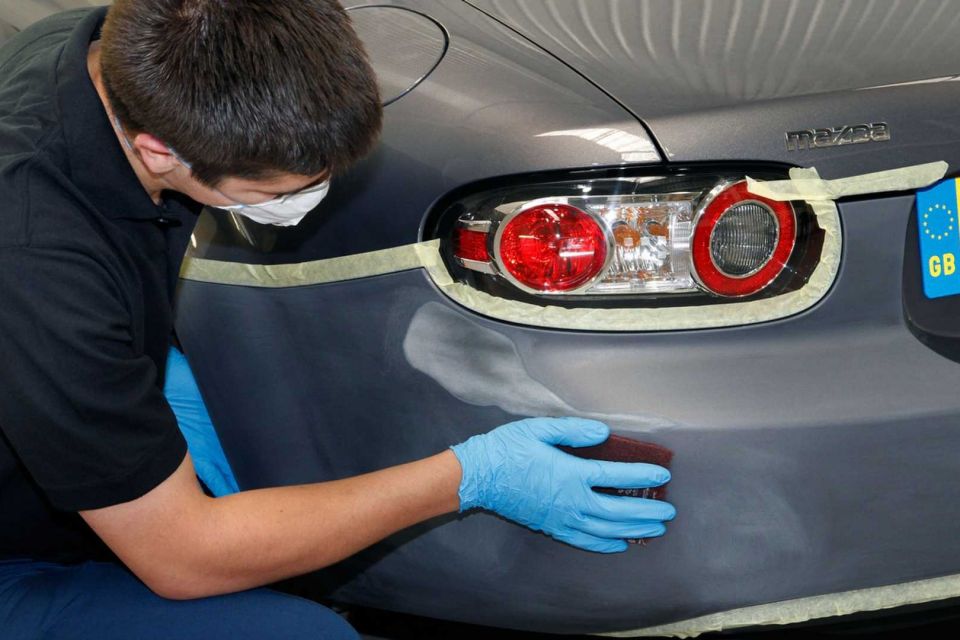
“It is common for these same suppliers to also distribute and sell parts under their own brand. These are the same manufacturers as the ‘genuine’ parts but the supplier uses their own company branding. Same part, same factory, different box!
“There are also a range of replacement parts that are manufactured specifically for use after the car is built. These are usually similar quality and are fit for purpose parts, interchangeable with the same functionality as the ‘genuine’ part but produced by a different manufacturer to the OEM supplier.
“All parts sold in Australia come with Consumer Guarantees in the Australian Consumer Law and fitment of quality aftermarket parts by a qualified technician preserves your right to any new car warranty offered by the car manufacturer. These parts may also provide a significant price advantage.”


William Stopford
2 Hours Ago
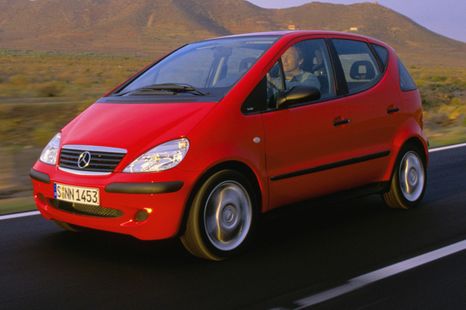

Derek Fung
4 Hours Ago
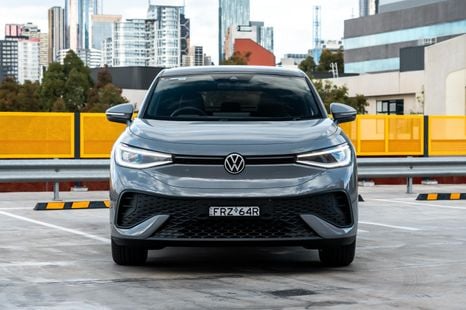

James Wong
11 Hours Ago
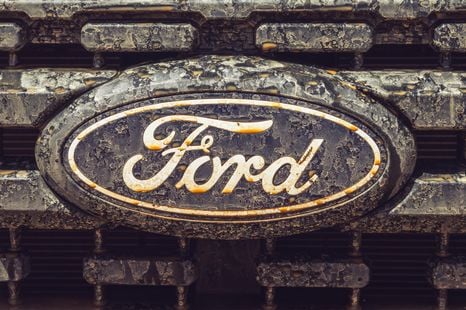

Damion Smy
16 Hours Ago


Damion Smy
16 Hours Ago


Ben Zachariah
18 Hours Ago
Add CarExpert as a Preferred Source on Google so your search results prioritise writing by actual experts, not AI.